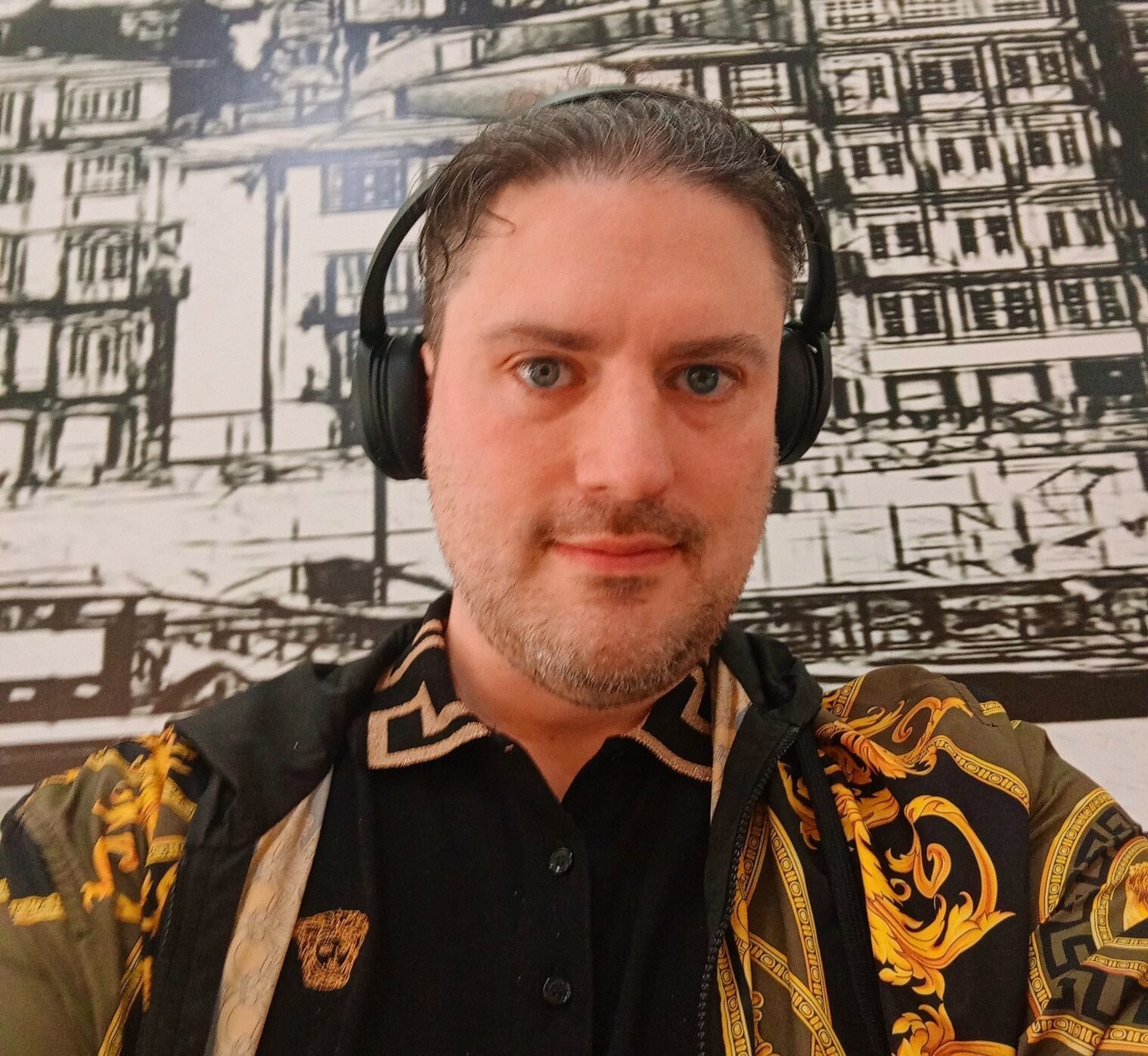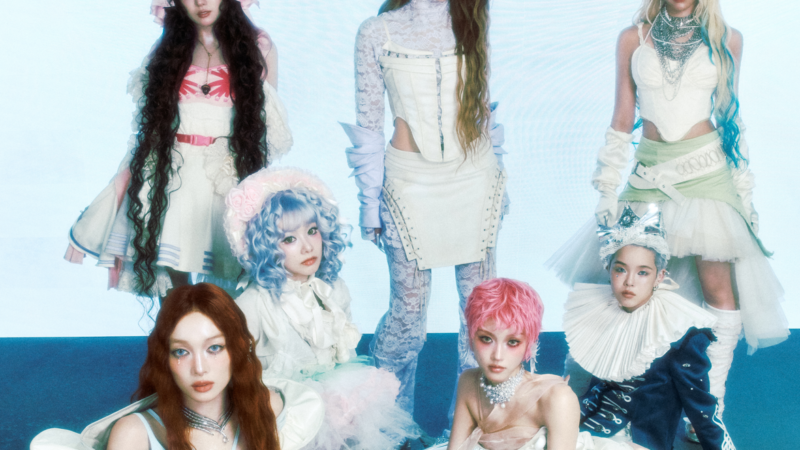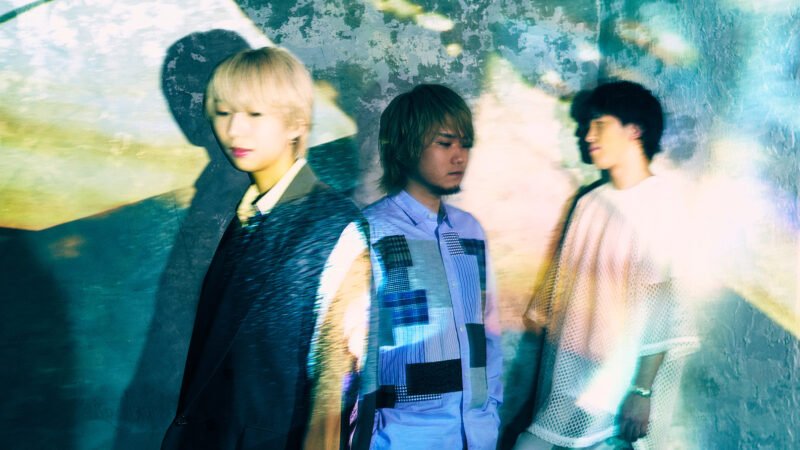Legal team uses Amazon correspondence to support Marc Mysterio’s shadowban allegations
Attorney Michael H. Joseph, representing Billboard-charting and IFPI Award-winning artist and undefeated boxer Marc Mysterio, has announced plans to file an amended complaint in Mysterio’s lawsuit against Amazon.com Services LLC and DistroKid LLC. The new filing aims to solidify claims of a quasi-contract through direct interactions between Mysterio and Amazon.
The case (Case No. 1:25-cv-01705-KPF), filed in the U.S. District Court for the Southern District of New York, alleges that Amazon maliciously shadowbanned Mysterio’s music, withheld royalties, and caused substantial loss of earnings and fan engagement.
According to Joseph, the amended complaint will underscore Mysterio’s direct use of the Amazon Music for Artists app to record 15-second voice intros promoting his music. These actions, Joseph claims, occurred outside the scope of DistroKid’s distribution role.
“Marc Mysterio’s direct creation of voice intros via Amazon’s app establishes an undeniable and direct relationship with Amazon,” said Joseph. “This direct tie supports our quasi-contract claim.”

Legal Precedents Backing Quasi-Contract
Joseph referenced multiple Second Circuit cases to support the quasi-contractual argument:
-
Beth Israel Med. Ctr. v. Horizon Blue Cross & Blue Shield of N.J. (2006) – Upheld implied contracts from direct dealings
-
Leibowitz v. Cornell Univ. (2009) – Recognized quantum meruit for services rendered with payment expectations
-
Georgia Malone & Co. v. Rieder (2017) – Affirmed unjust enrichment from direct benefits
-
Seiden Assocs., Inc. v. ANC Holdings, Inc. (1992) and Songbird Jet Ltd., Inc. v. Amax Inc. (1985) – Provided further grounding for direct recovery in quasi-contract scenarios
“These rulings counter Amazon’s reliance on ‘DistroKid contractual’ defenses,” Joseph said.
Technical Shadowban Allegations
Joseph also referenced Amazon’s metadata logic as a key technical point of the alleged shadowban. He drew parallels with In re PersonalWeb Techs. LLC (2020), where the Federal Circuit described Amazon’s use of “If-Match” conditional logic filters in its S3 system.
Mysterio’s lawsuit claims Amazon applied a similar “IF/THEN” style filter to his artist metadata. The filter allegedly replaced “Marc Mysterio” with a dash (“–”), stripping his name from song listings and rendering him ineligible for playlists, algorithmic recommendations, and fan alerts—functions crucial for music promotion.
The lawsuit asserts that this metadata manipulation went into effect on September 10, 2024, leading to a complete stream loss by September 16, 2024, including:
-
Over 3.7 million streams lost from Taylor Swift’s Amazon Artist Station
-
250,000+ lost streams from Mysterio’s own Amazon Station
-
A drop from 80 million cumulative streams to zero
The amended complaint seeks compensatory and punitive damages as well as injunctive relief to halt ongoing shadowbanning practices.
Documentary Evidence and YouTube Series
The case is backed by a three-part YouTube series available at shadowban.me, documenting:
-
The decline in streams
-
Missing tracks in artist playlists
-
Mysterio’s Amazon-curated playlists showing zero content
-
Comparative data against unrelated artists such as Neon Tom, whose tracks remained active despite having zero followers
In a preservation of evidence letter, Joseph requested 17 categories of documentation, including metadata logs and Amazon’s internal programmer IDs tied to Mysterio’s artist code (ASIN: B0041A1P4U).
A Broader Fight for Artists’ Rights
Mysterio has called on fellow artists to stand against shadowbanning, including Taylor Swift, citing her prior advocacy and boycott of Spotify. Both artists share a connection with AEW’s Jeff Jarrett, who is a mutual friend.
“This fight is for every creator silenced by or indirectly benefiting from shadowbans—it’s an existential battle,” Mysterio said.



